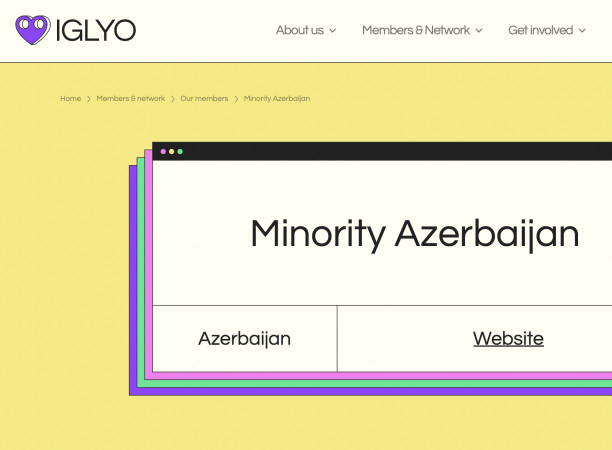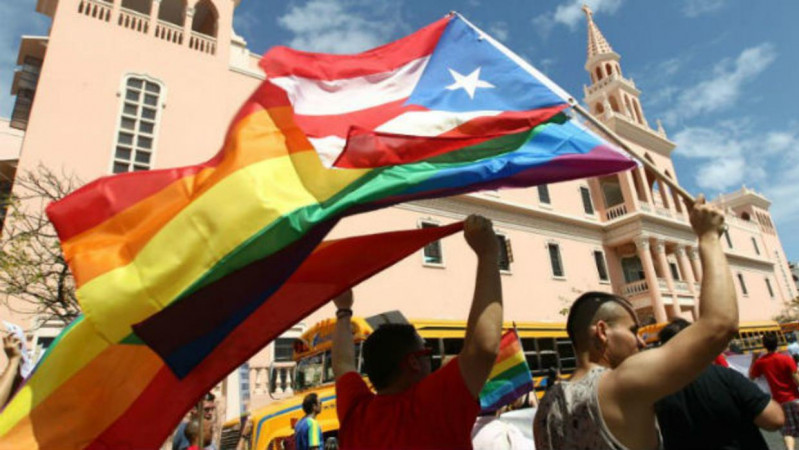Nepal achieves marriage equality after long legal battle
LGBTI+ activists in Nepal have emerged victorious after a sixteen-year legal struggle. The Supreme Court of Nepal has made a landmark decision to legalise marriage equality in the country
16/May/23
1571
Nepal achieves marriage equality after long legal battle
LGBTI+ activists in Nepal have emerged victorious after a sixteen-year legal struggle. The Supreme Court of Nepal has made a landmark decision to legalise marriage equality in the country.
This binding ruling positions Nepal as the first South Asian nation to acknowledge the right to marriage equality.
In September 2015, Nepal amended its Constitution to include protections for LGBTI+ rights.
The journey was arduous for activists in Nepal. Back in 2007, a group of advocates petitioned the Supreme Court, demanding marriage equality. This sixteen-year legal battle not only sought the legalisation of marriage equality but also fought for the complete recognition of the queer community.
Advocating for constitutional rights
How did they succeed in integrating LGBTI+ individuals into the Constitution? The civil society organisation, Blue Diamond Society, conducted extensive advocacy and awareness campaigns involving key figures in the Constitution drafting process. The organisation provided specialised technical language support and data on human rights for LGBTI+ individuals.
In July 2015, Blue Diamond Society organised workshops across Nepal's five regions, actively engaging communities in the Constitution drafting process. These workshops included the participation of LGBTI+ individuals and resulted in a series of recommendations. Over 100 Constituent Assembly representatives from all corners of the country received these recommendations.
Addressing discrimination
A workshop on the inclusion of LGBTI+ individuals in the Constitution was held, gathering representatives from regional and local offices, as well as officials from the National Human Rights Commission. The workshop shed light on the widespread discrimination in Nepal and revealed that existing anti-discrimination provisions were inadequate in safeguarding the rights of sexual minorities. As a response, the Blue Diamond Society made LGBTI+ human rights the central focus of their advocacy work and established annual "Pride" events to secure the protection of LGBTI+ rights within the Constitution.
Investigating human rights violations
Additionally, a national consultation group was formed to examine the obstacles and challenges faced by LGBTI+ individuals in accessing healthcare, employment, and education rights. Over 200 representatives, including those from the Ministry of Women, Children and Social Welfare, the National Human Rights Commission, the Ministry of Home Affairs, the Ministry of Health, the Constituent Assembly, civil society, and local governments, collaborated in this effort.
Powered by Froala Editor



